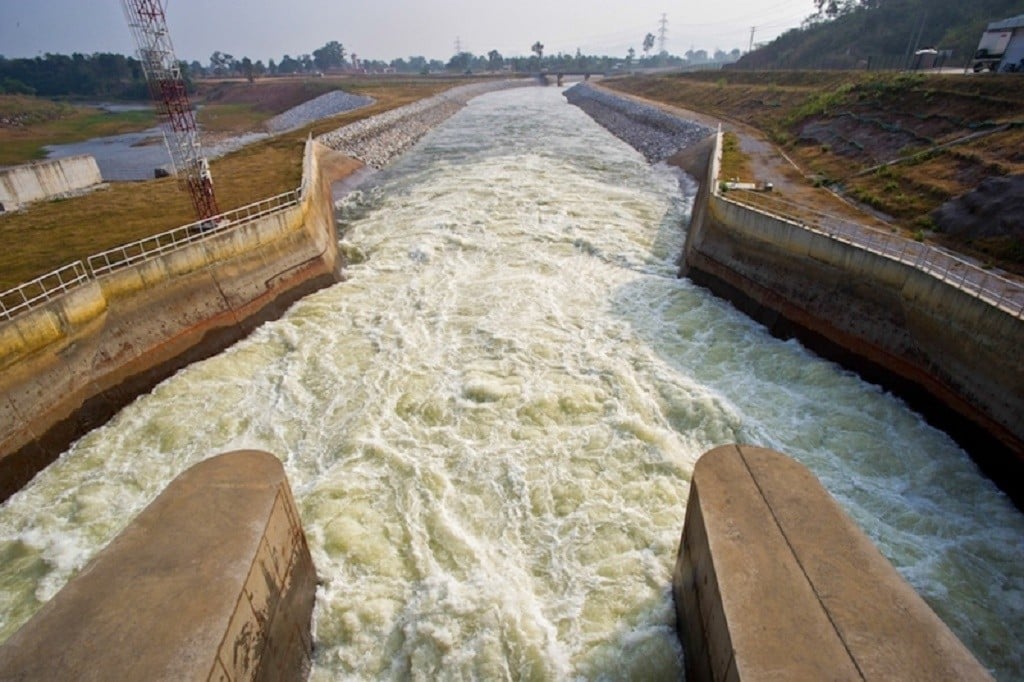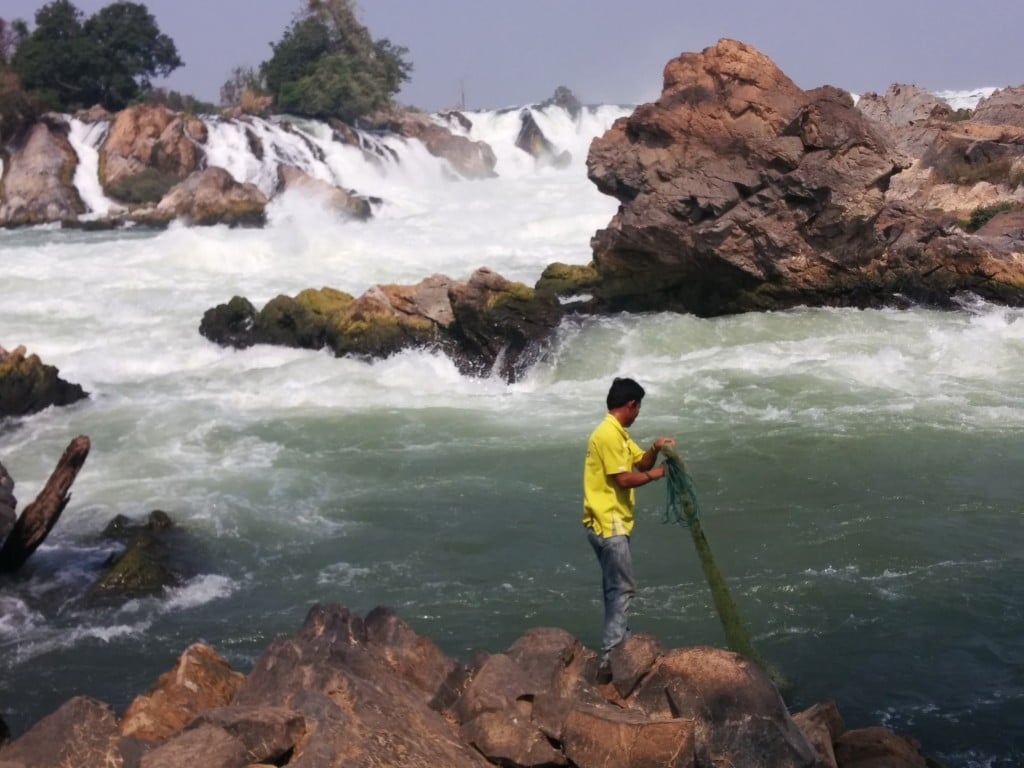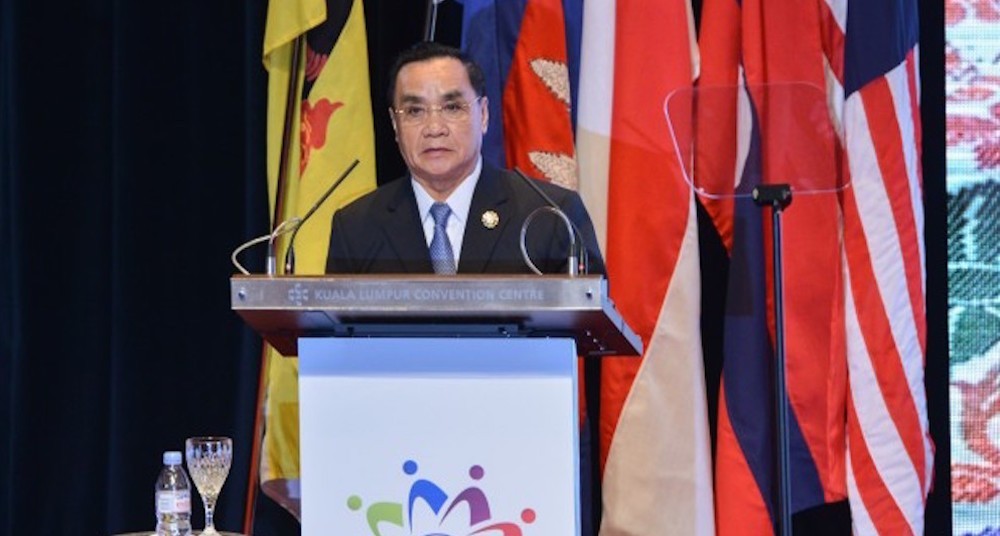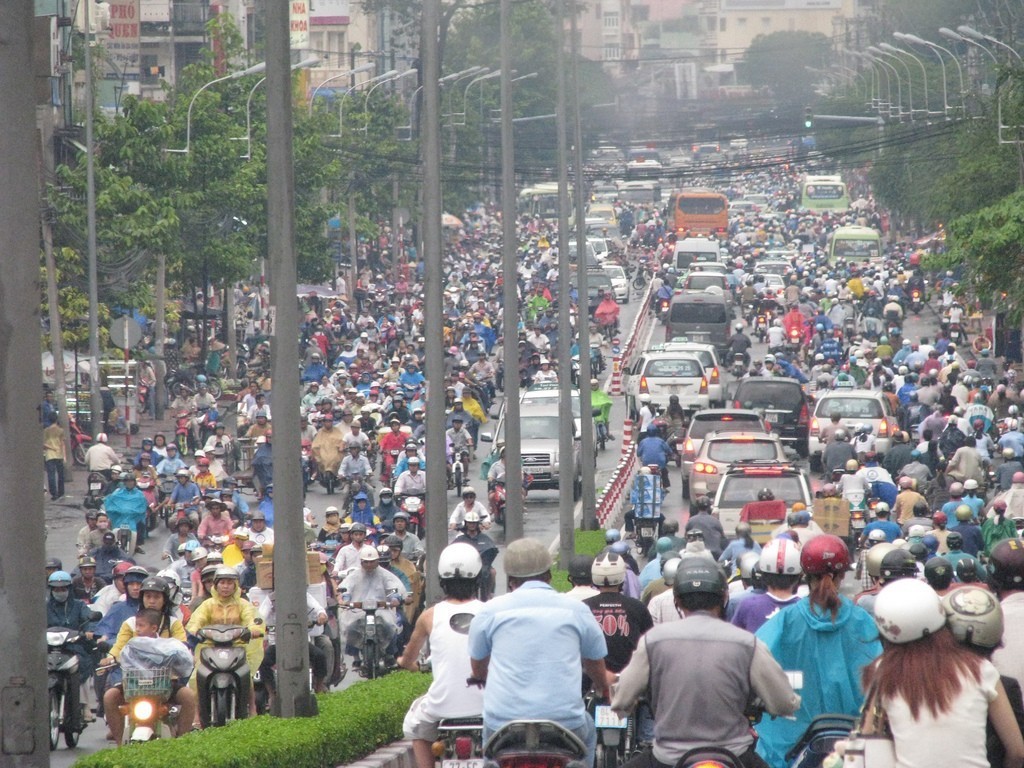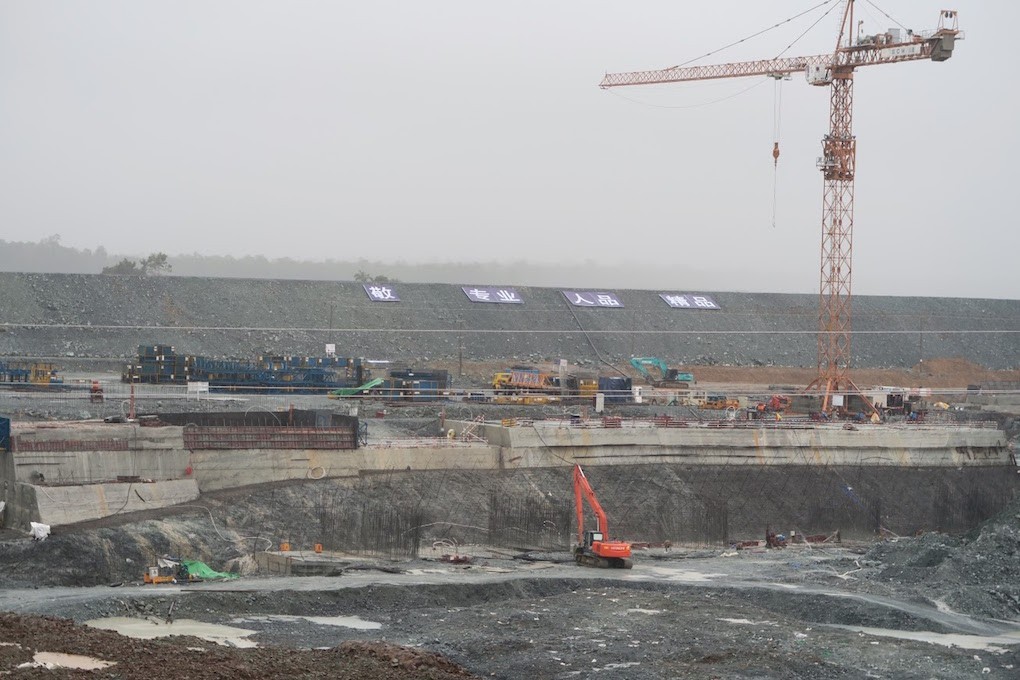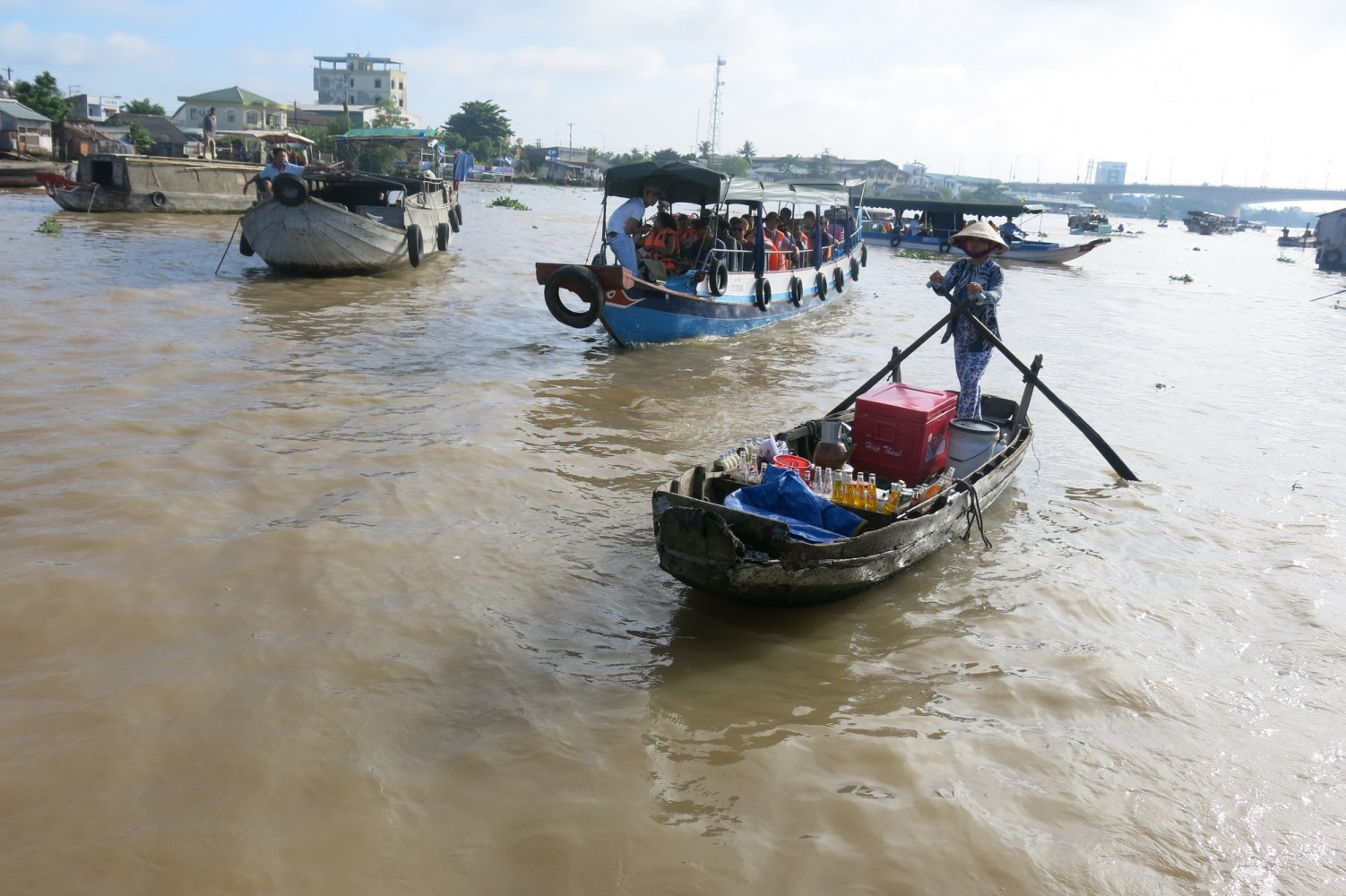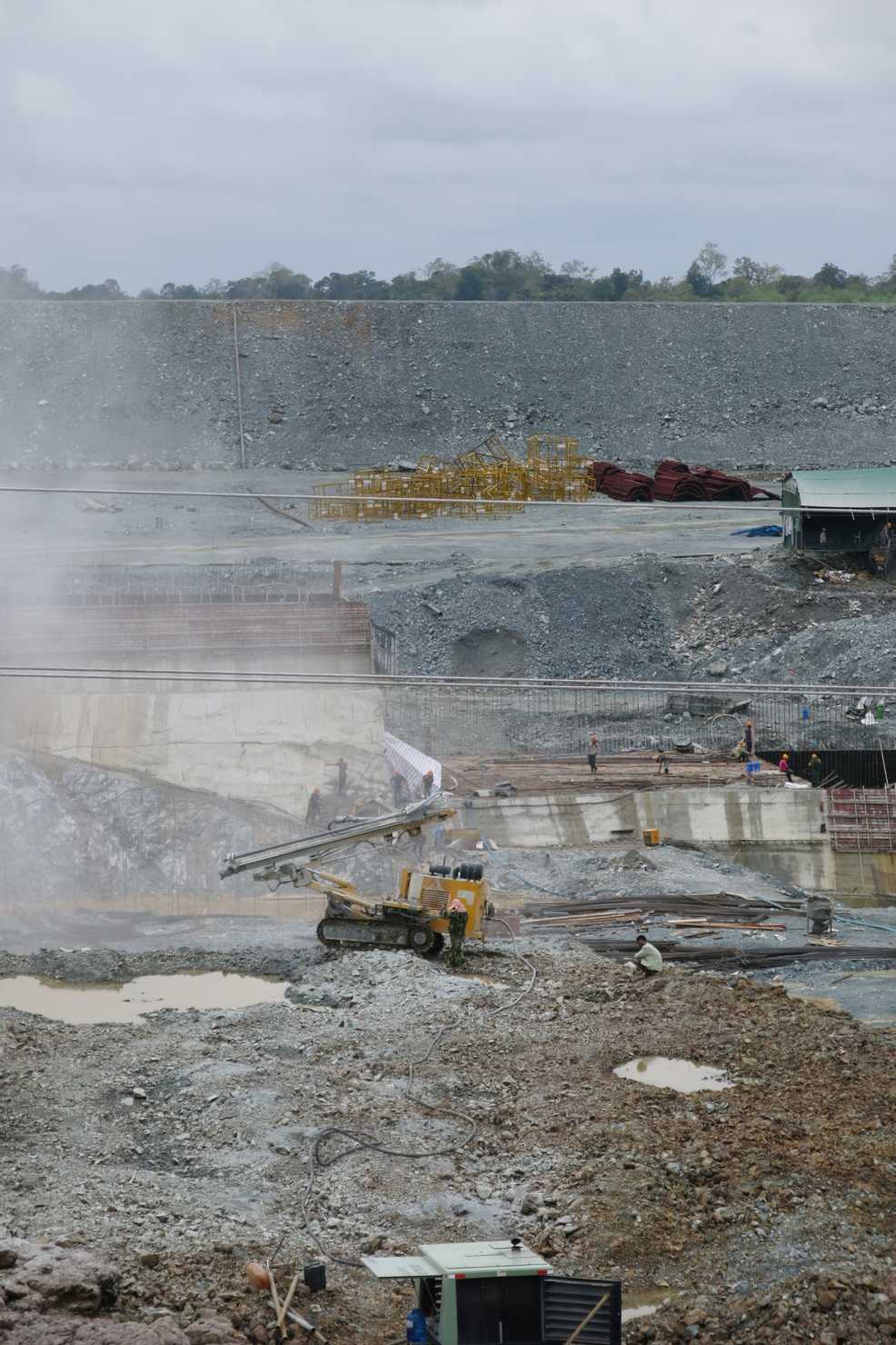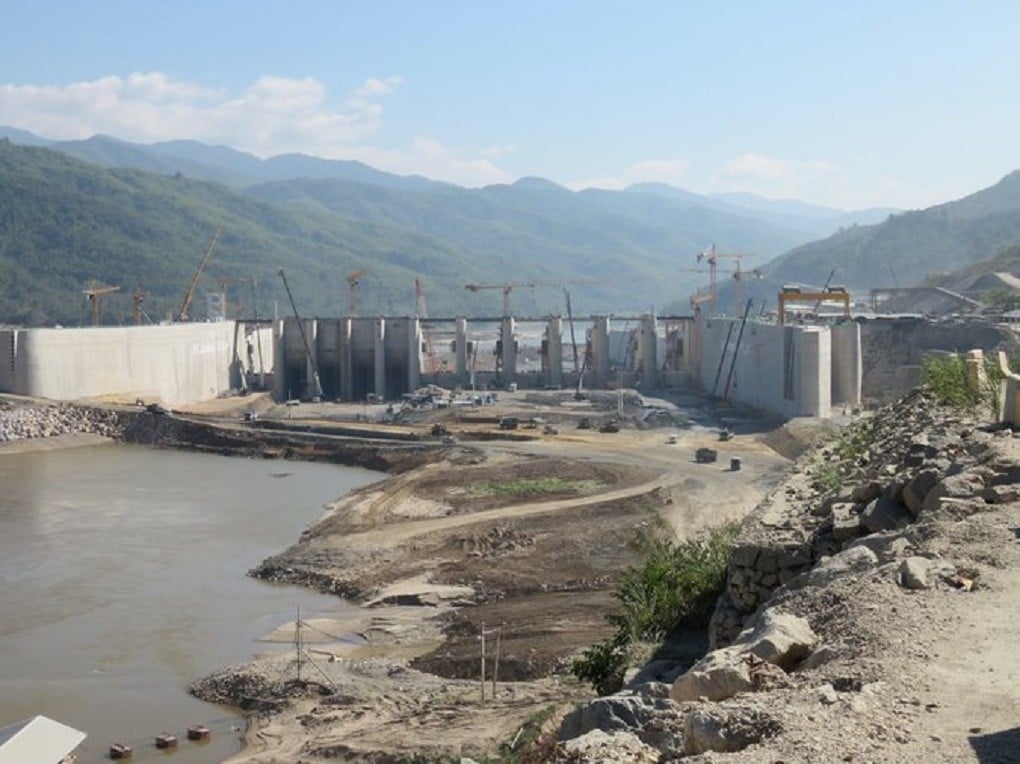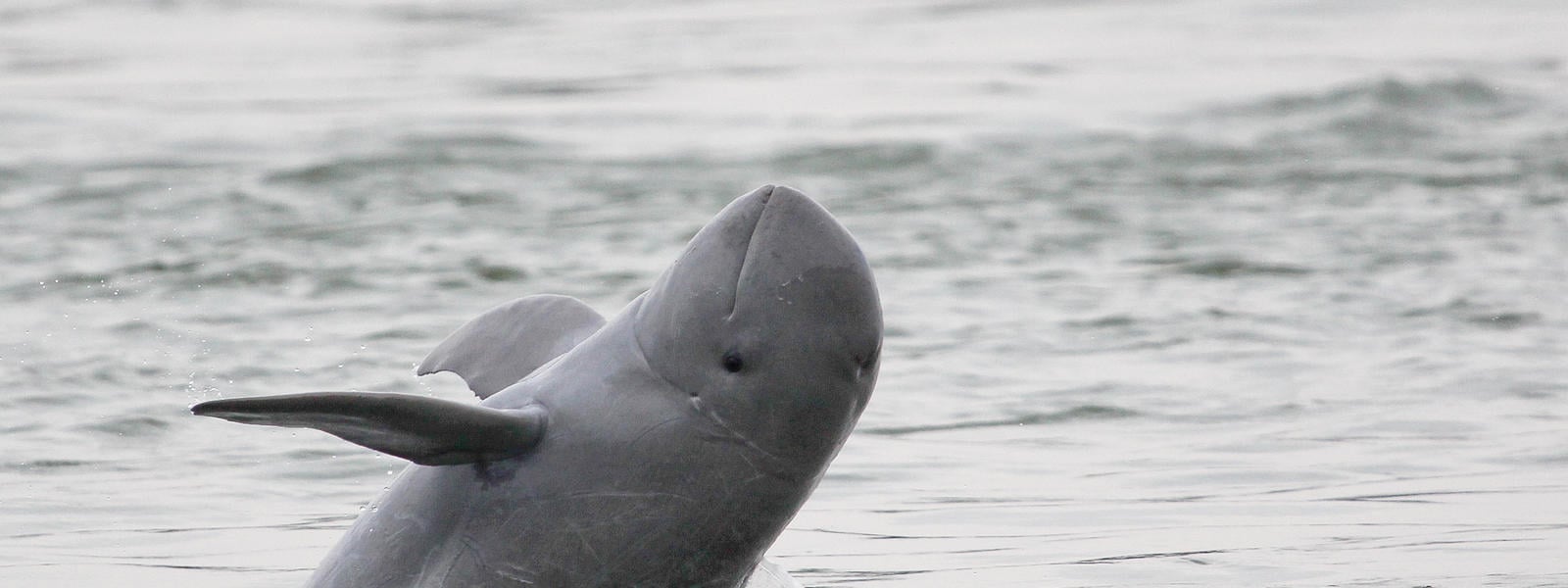Vietnam Net A series of water reservoirs in the upper course of Mekong River could lead to a loss of 90 percent of alluvium in Vietnam’s Mekong River Delta. According to Ho Long Phi from the HCM City National University’s Water Management and Climate Change Center, the flow and sediment in the delta depends on […]
Category: Mekong
Report: Economic, Environmental and Social Impacts of Hydropower Development in the Lower Mekong Basin
The Mekong River is the largest freshwater fishery in the world (estimated fish catch 2.1 to 2.5 million tons/year) and the third most bio-diverse river system (with approximately 800 fish species) after the Amazon and the Congo. However, this would change drastically if all proposed hydropower projects are constructed as fish migration routes would be blocked.
This paper focuses on potential economic consequences and is based on the Costanza report which in turn used much of the data, assumptions and projections reported in BDP2 and SEA. The main differences between the Costanza report and BDP2 were the estimated fish value, valuation of ecosystem services and discount rates for natural capital such as capture fisheries and wetlands.
South Korea and Laos agree to work on hydropower project
South Korean Prime Minister Hwang Kyo-Ahn and his Lao counterpart, Thongsing Thammavong, agreed Monday to work closely on a hydro-power project in the Southeast Asian country, a South Korean official said.
The two sides had planned to sign a deal on the development of Sepon III hydro-power plant at their meeting, though they failed to ink the deal due to differences.
The two sides remain at odds over which country will build a road leading up to the power plant, among other things.
Mekong Region: Asia’s New Growth Center and Strategic Frontier
The Mekong countries of Cambodia, Laos, Myanmar, Thailand, and Vietnam are emerging to be not only the new growth center but also a new strategic frontier in Asia.
With a population of around 240 million and a combined GDP of $664 billion, the Mekong region has geopolitical significance and economic weight. It is located at the junction of the enormous emerging markets of Asia and their combined population of about 3.3 billion.
Myanmar’s landmark election and the likelihood of a peaceful and smooth power transition have drawn more international attention and interest to the Mekong region as a whole. Myanmar is expected to be a key regional actor and now possibly a catalyst of regional peace, democracy, and development.
Stop Sesan Dam, Locals Tell Gov’t
More than 90 percent of people affected by the $800 million Lower Sesan II hydroelectricity project want the government to halt construction of the dam and the area turned into one of the world’s largest eco-tourism reserves, a survey released yesterday by the NGO Forum found.
One of the survey’s authors, Kem Ley, who is also a political analyst, said the compensation and resettlement process was inconsistent and lacked transparency and the whole project was undermined by the lack of community consultation from the beginning.
“About 93 percent of those affected demand the government cancel the construction project because they don’t want to lose their culture and their burial and spiritual lands,” he said.
The New Mekong: Changes And Expectations
The construction of mainstream dams on the Mekong River pose significant environmental and social impacts for riparian communities in Cambodia and Vietnam. Vietnam National Mekong Committee’s Mekong Delta Study – set to be released in December 2015 – preliminarily predicted that hydropower dams will eliminate approximately 50 percent of fish catches in the region, which poses food security, public health, and economic crises in both Cambodia and Vietnam.
Climate initiatives must not include large hydropower projects – NGOs
In a global manifesto released on the 3 December, a coalition of more than 300 civil society organizations from 53 countries called on governments and financiers at the Paris climate talks to keep large hydropower projects out of climate initiatives such as the Clean Development Mechanism, the World Bank’s Climate Investment Funds, and green bonds.
Heading Off Negative Impacts of Dam Projects
Hydroelectric dams grace bank notes in developing countries, from Mozambique to Laos, Kyrgyzstan to Sri Lanka, a place of honor reflecting their reputation as harbingers of prosperity.
Mekong Dolphin Extinction, Hydropower and Climate Change
Scientists for the Mekong offer this article to inform the public, the delegates at COP21, and decision-makers worldwide about the impacts of hydropower development on the Lower Mekong River, and the serious repercussions for 60 million people in SE Asia. This article provides an overview of the many significant environmental and social impacts of hydropower dams on the Mekong River basin.
UN Watercourses Convention: Can it revitalise the Mekong Agreement 20 years on?
International rivers, such as the Mekong, are crucial arteries carrying the lifeblood of freshwater that sustains human existence and ecosystems around the world.


